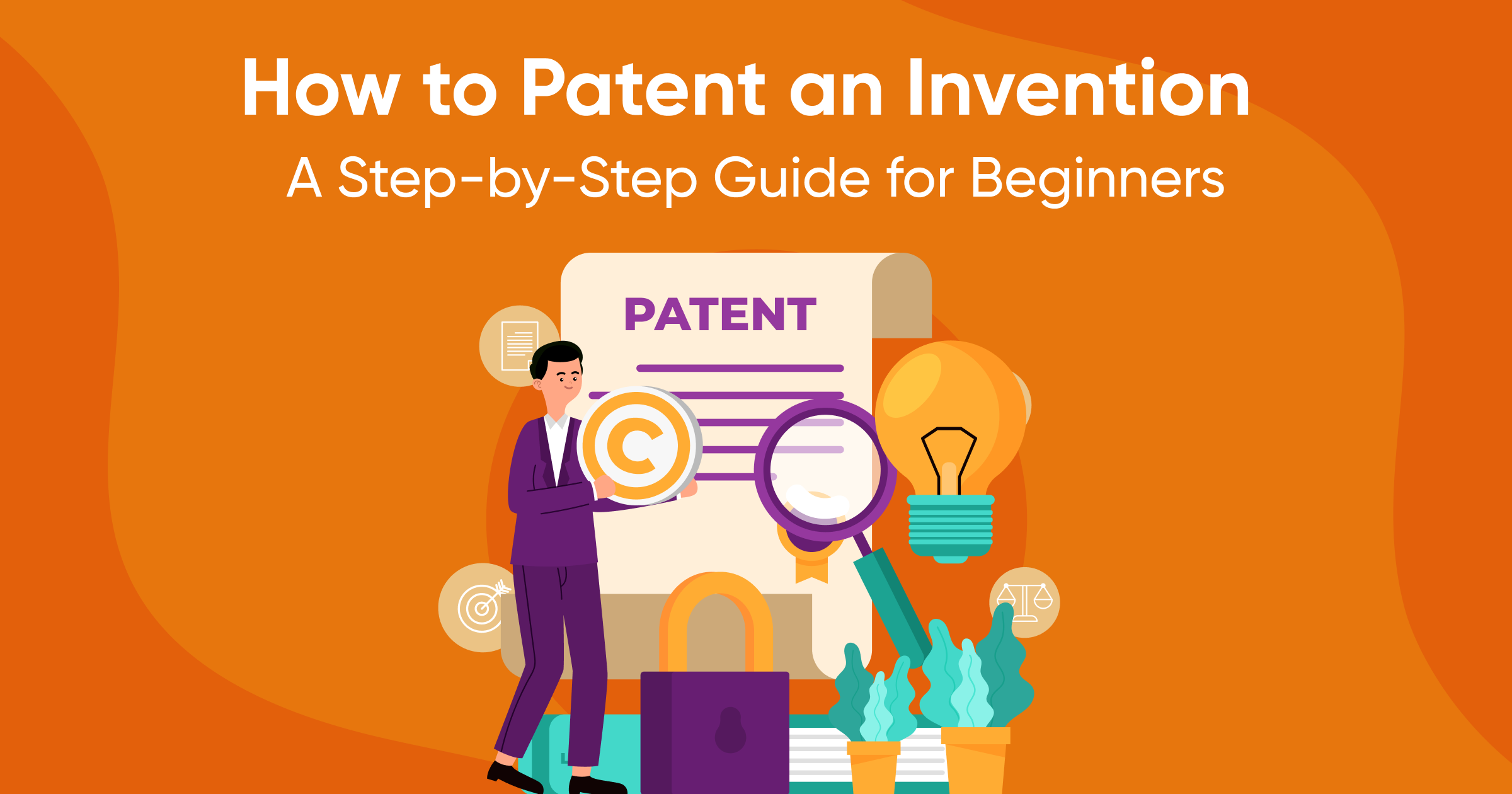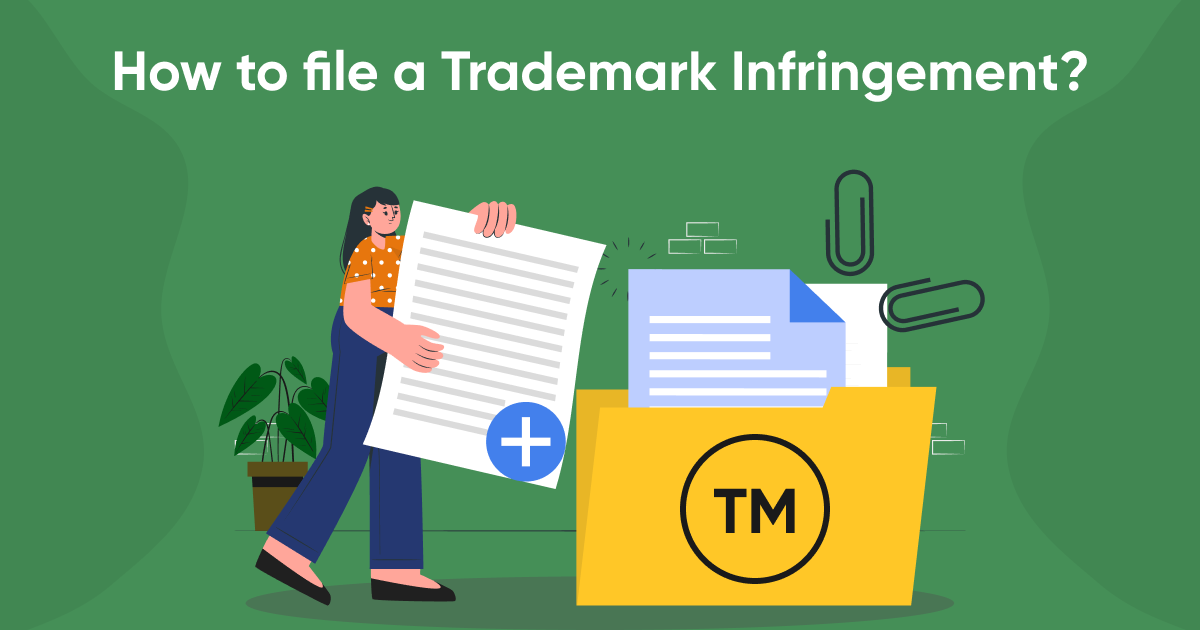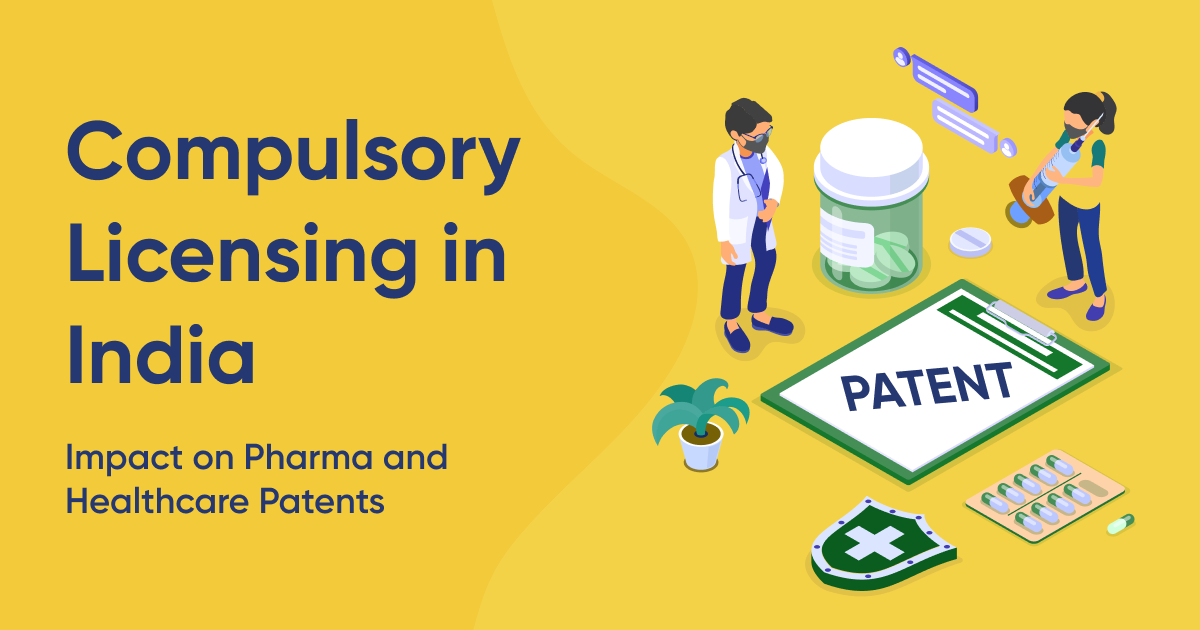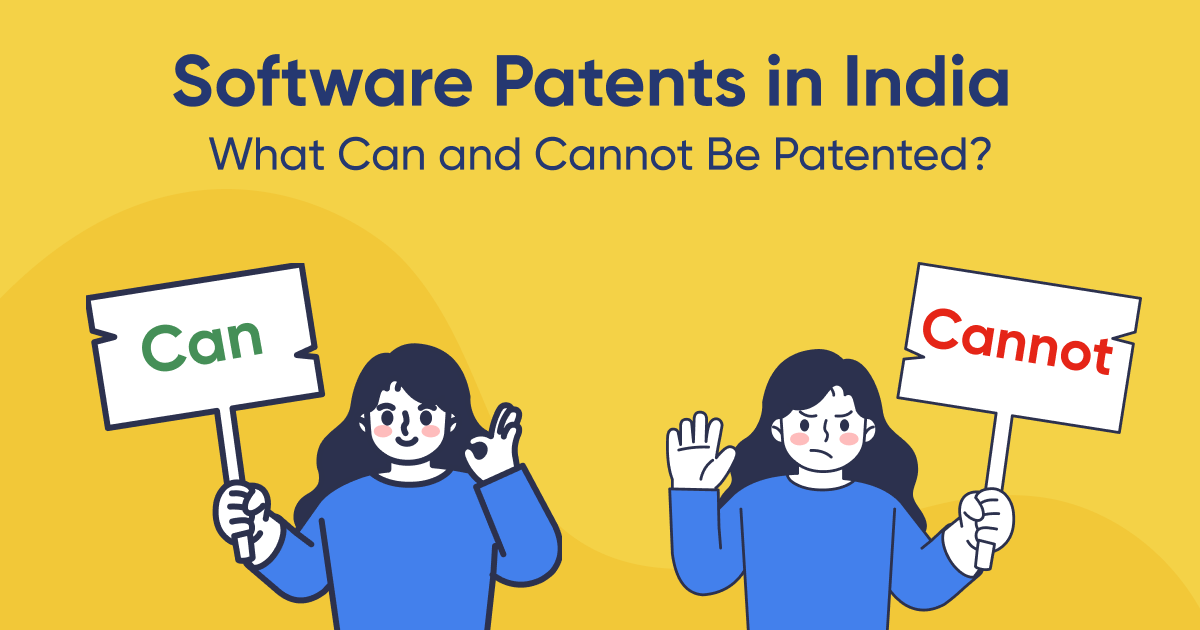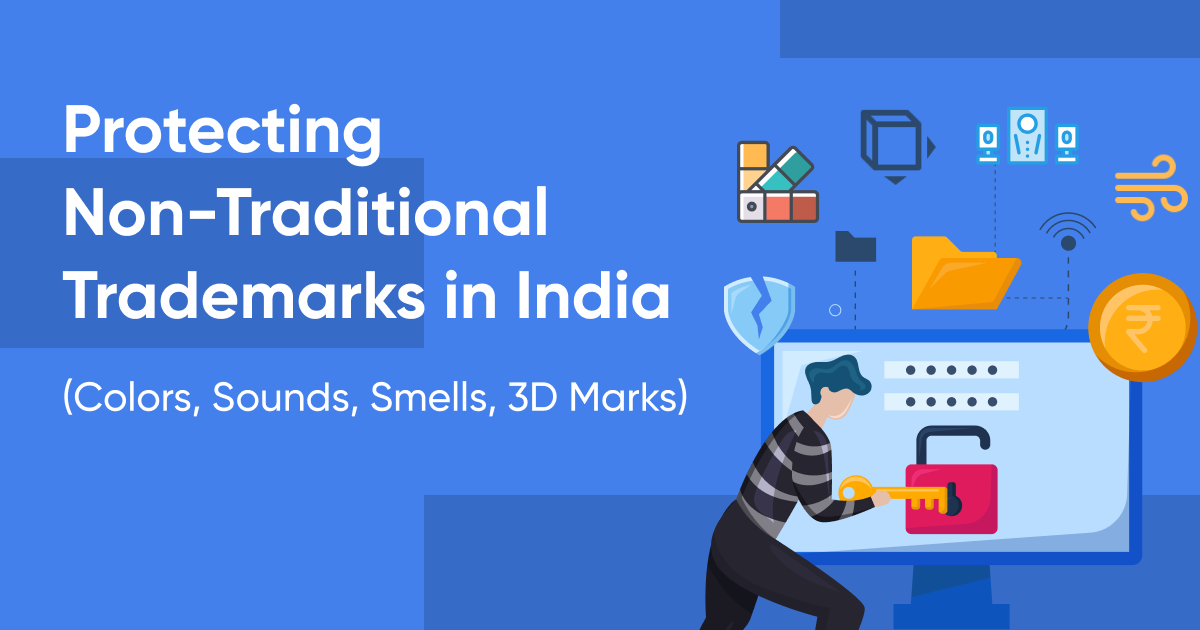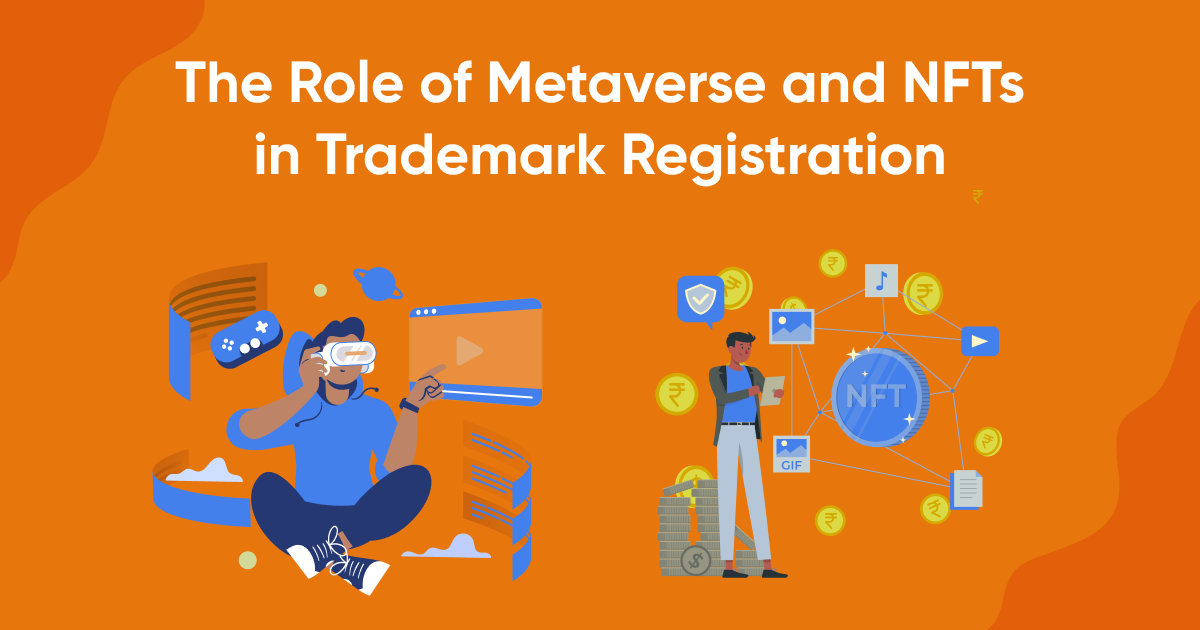Introduction
Invention is the backbone of progress. From small tweaks to groundbreaking discoveries, innovations help solve real-world problems and improve lives. However, the journey from concept to patented invention can be complex, especially for beginners. In India, securing a patent grants the inventor exclusive rights, preventing others from making, using, or selling the invention without permission.
This guide aims to simplify the patenting process, helping you protect your invention and ensure that your hard work is legally recognized.
What is a Patent?
A patent is a form of intellectual property (IP) that provides exclusive rights to inventors, allowing them to protect their unique creations. By securing a patent, you can prevent others from using, manufacturing, or selling your invention without your authorization.
In India, patents are governed by the Patents Act, of 1970, which outlines the regulations, procedures, and requirements for obtaining a patent. Patents typically cover new and useful products, processes, or methods that demonstrate novelty and an inventive step beyond existing knowledge.
Why is Patenting Important?
Securing a patent offers multiple benefits, including:
- Exclusive Rights: Only the patent holder has the authority to exploit the invention commercially.
- Market Advantage: Patents prevent competitors from entering the market with the same technology, giving you an edge.
- Revenue Generation: Patents can be monetized through licensing agreements or by selling the patent rights.
- Legal Protection: Patents offer a legal foundation to prevent infringement.
For first-time inventors, patenting an invention may seem daunting, but following a structured approach can simplify the process.
Step-by-Step Guide to Patent an Invention in India
Step 1: Conduct a Patent Search
Before starting your patent application, it’s essential to verify if a similar invention already exists. Conducting a patent search helps avoid potential infringements and ensures your invention is unique.
Trademarkia can assist with a comprehensive patent search, helping you identify existing patents and confirm the uniqueness of your invention.
Step 2: Check the Patentability Criteria
In India, not all inventions are eligible for patents. To qualify, your invention must:
- Be novel: It should not have been disclosed publicly.
- Involve an inventive step: It should not be an obvious solution to someone skilled in the field.
- Be useful: It should have practical applications or utility.
Certain types of inventions, like scientific theories, agricultural methods, and abstract ideas, cannot be patented under the Patents Act.
Step 3: Prepare a Detailed Description of Your Invention
A detailed description of your invention is crucial for the application process. This document should cover:
- Title: Name of the invention.
- Background: Existing solutions and the problems they face.
- Summary: A concise overview of your invention.
- Detailed Description: A thorough explanation of how the invention works.
- Drawings/Diagrams: Visuals to support your explanation.
Ensure that the description is clear and precise, as this document will be essential during the examination process. Trademarkia can guide you in preparing this documentation to meet patent office requirements.
Step 4: Draft a Patent Application
Patent applications can be filed in various forms, depending on your needs:
- Provisional Application: If your invention is still in development, you can file a provisional application. This establishes a priority date and gives you 12 months to complete the invention and file a full application.
- Complete Application: Filed once the invention is fully developed, providing a complete specification.
- International Application (PCT Application): If you want to secure patents in multiple countries, Trademarkia can help you with the Patent Cooperation Treaty (PCT) process, allowing you to apply in over 150 countries.
Trademarkia assists in drafting and filing patent applications, ensuring all necessary details are included to meet regulatory requirements.
Step 5: Submit Your Application
Trademarkia can handle the submission of your patent application, along with the applicable fees, based on your applicant type (individual, small entity, or large entity) and application type. Once submitted, your application will be assigned a unique reference number for tracking and communication.
Step 6: Request for Examination
Trademarkia will also manage the Request for Examination (RFE), a mandatory step for your application to be reviewed and approved. The examiner will evaluate your invention against patentability criteria, which may take several months due to high application volumes.
Step 7: Respond to Examination Reports
After examination, you may receive an Examination Report detailing any objections or clarifications needed. Trademarkia can assist you in addressing these points, making necessary amendments or explanations. Timely responses are essential, as failing to address objections can result in application abandonment.
Step 8: Grant of Patent
Once the examination and responses are satisfactory, your patent will be granted. You’ll receive an official patent certificate, confirming your invention's legal protection.
With the help of Trademarkia, you can secure a patent valid for 20 years, with support for any renewals needed to maintain your patent rights.
Common Mistakes to Avoid in the Patenting Process
- Skipping the Patent Search: Many inventors overlook the importance of a patent search, which can lead to costly rejections.
- Insufficient Documentation: A poorly drafted description may cause the application to be rejected or challenged.
- Missed Deadlines: Patent timelines are strict, so track deadlines carefully.
- Overlooking Professional Help: Patenting is a complex process. Consider seeking assistance from IP professionals, especially for legal documentation and compliance.
Costs Associated with Patenting an Invention
Patent application costs vary based on factors like the type of applicant and the complexity of the invention. Typical costs include:
- Filing Fees: Based on the type of applicant (individual or entity).
- Examination Fees: Paid when requesting examination.
- Professional Fees: Costs for IP professionals, if you choose to hire one.
Investing in a reliable IP professional can be beneficial, particularly for beginners unfamiliar with the process.
How to Monetize Your Patent
Patents offer several ways to generate revenue:
- Licensing: You can license your patent to other companies in exchange for royalties.
- Selling: Some inventors opt to sell their patents outright to interested parties.
- Commercialization: If you plan to launch your product, a patent can add significant value and competitive advantage.
Protecting Your Patent Rights
Even after securing a patent, it’s essential to monitor the market and enforce your rights:
- Watch for Infringement: Keep an eye on similar products and consult legal experts if you suspect infringement.
- Regular Renewals: Pay renewal fees on time to maintain your patent’s validity.
If you suspect infringement, Trademarkia can provide guidance on the necessary steps to enforce your patent rights and protect your invention.
Conclusion
Securing a patent in India may seem complex, but by following a structured approach and adhering to deadlines, you can protect your invention and maximize its potential. Whether it’s for exclusive rights, market advantage, or monetization, patents play a pivotal role in ensuring your innovation remains yours.
Ready to patent your invention? Take the first step towards protecting your intellectual property by consulting a reliable service provider like Trademarkia to assist with your application and ensure compliance. Secure your invention’s future today!
